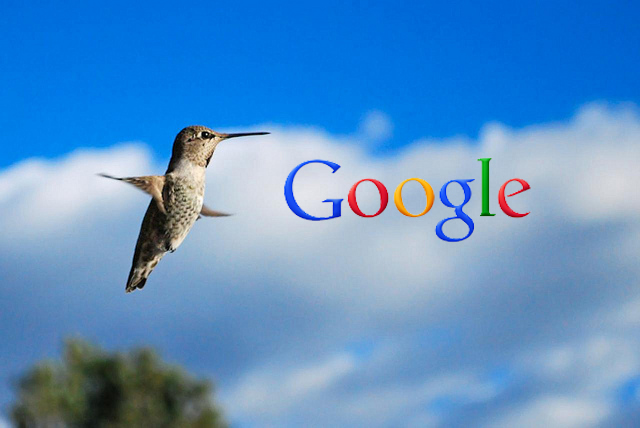Years ago when I was working on developing a speech recognition vocabulary for specific applications I had the opportunity to use a few natural language query engines. One was WestLaw, the other, Nexis/Lexis. I would go to the search field and say “find me case law about…..” and the engines at both sites would chug for awhile and then give me a series of relevant case findings. The combination of voice and natural language was very compelling.
Well to my surprise it appears that natural language query has come to Google Search. This is happening because of Google Hummingbird, a new search algorithm that is impacting 90% of queries. Google announced Hummingbird in late September but stealthily introduced it about a month before. Interestingly enough because I always tend to use natural language phrases when querying Google Search I started noticing a difference in my search results almost immediately.
Since my days of using the first search engines like AltaVista and Infoseek, search on the web has come a long way. Google from the outset introduced its powerful indexing capability right from the get go but now with Hummingbird it is a better listening tool because it understands my conversational queries, going beyond keywords or phrases “in quotes.” Now when I ask Google to “find the nearest hardware store” it takes the “nearest” within the context of understanding from where I am making my query and produces appropriate results. If doing it on my mobile phone I can speak it and it gives me addresses close to where I am.
This is bringing user-friendly search to the next level, a powerful tool for consumers. But what is it doing for those who market through the web? For one thing it may mean that keywords mean less. For search engine optimization consultants they may find themselves scratching their heads as they retool websites around conversational query.
Page ranking, one of the paradigms that search engine optimizers key on, may play less prominent a role for web marketers. There are rumors that Google may soon abandon page ranking altogether but I don’t buy that.
But there is no doubt that content providers on the web will remain kings. The billions of pages of web content will now be open to conversational queries. If my blog has good content then those searching for what I write will have a much easier time finding me without me having to do keyword stuffing (the overloading of keyword tags associated with a page). Instead my content will help determine where you find me in the search result rankings.
To learn more about Google Hummingbird go to this Search Engine Land link.










A quick addition to my posting. In today’s Globe & Mail, self-described as Canada’s National Newspaper, there is an article on Google and its future in which the author describes what is behind Google’s context natural language capability. It is something called the Knowledge Graph, a database of relationships among people, places and things. It allows you to ask a question like “how tall is President Obama?” and immediately see the result appear in the response search window. The writer quotes Ben Gomes of Google, who heads up Google Search. He states, “In the future you want to giver the user the answer as if they were interacting with a real person….but to do that….the computer must being understanding a model of the world.” The combination of Knowledge Graph and Hummingbird takes us closer to that reality.
Len Rosen
https://www.21stcentech.com